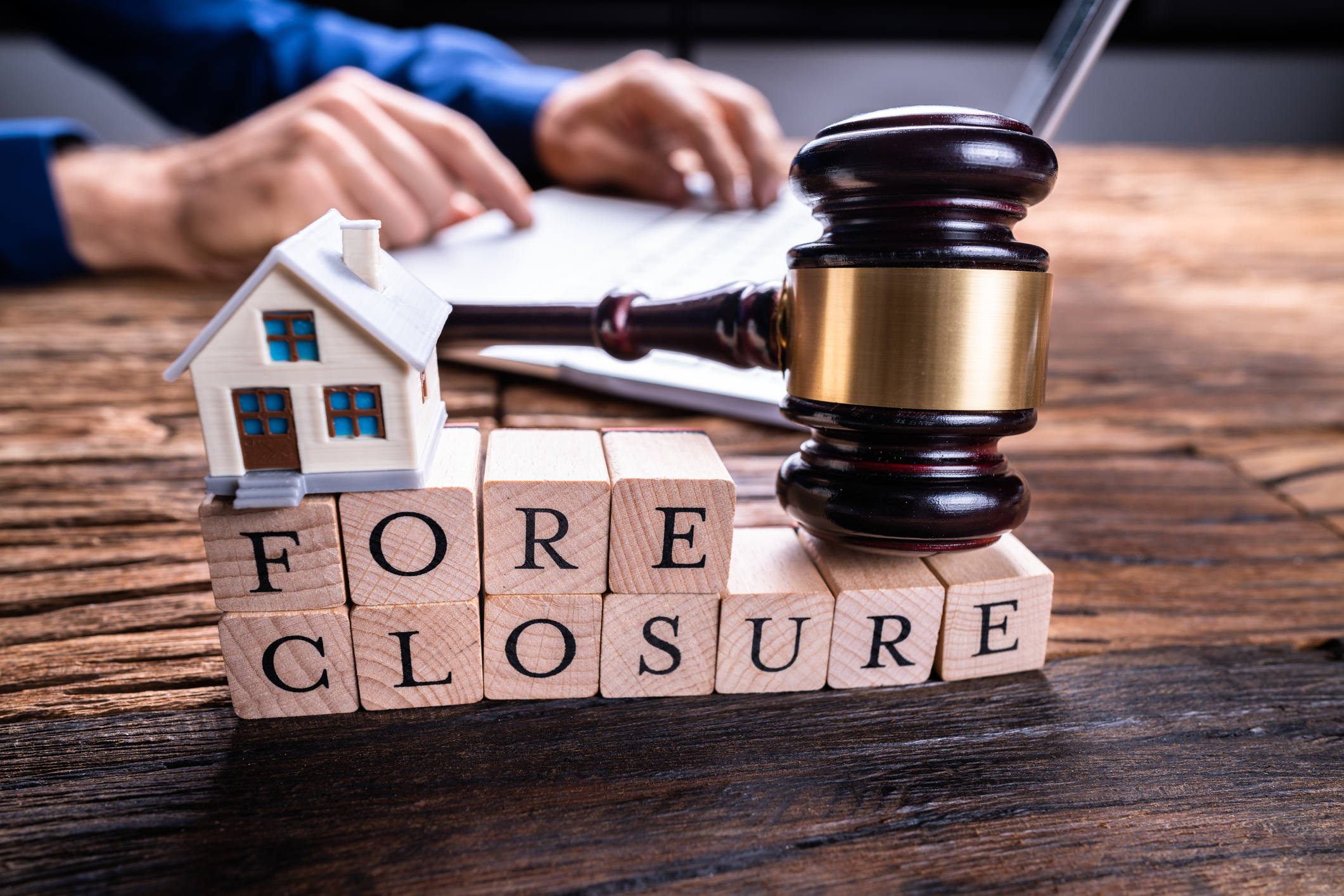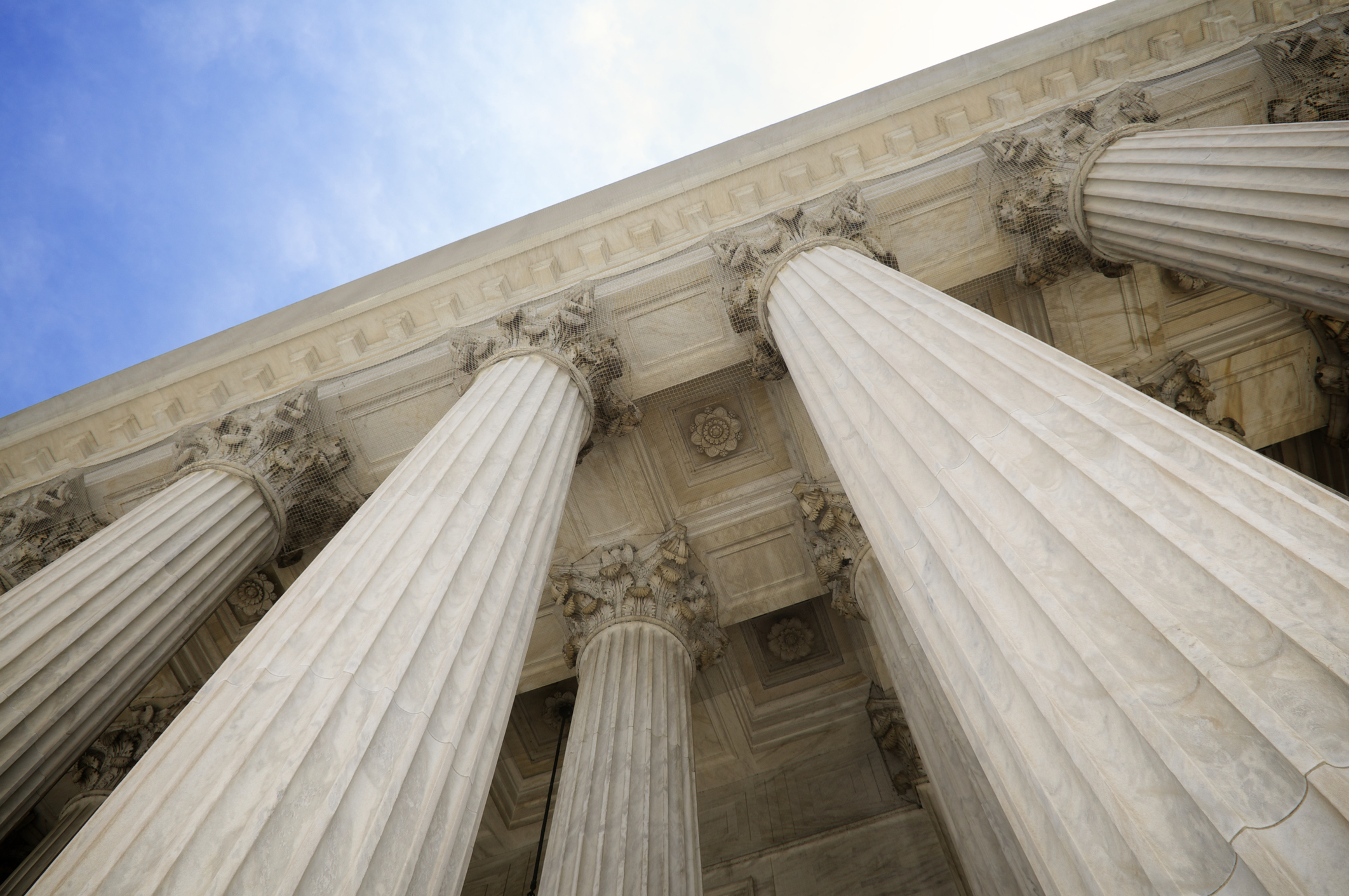Ohio Court Orders that “Matching” is Appropriately Determined by Appraisal
Recently, a significant decision was made in the ongoing legal battle between Cinnamon Ridge Condominium Association, Inc. and State Farm Fire and Casualty Company, highlighting the importance of understanding insurance ...
RECENT ARTICLES
Midwest Victories: SJJ Protects Ohio Policyholders’ Right to Appraisal in Two Recent Cases
Smith Jadin Johnson attorneys Tim Johnson and Anthony Remick recently won two important decisions regarding insurance appraisals in Ohio that ...
Thinking Beyond Foreclosure: Practical Alternatives for Community Associations
The power of sale to foreclose is an incredible tool of recovery available to creditors. However, community associations have practical ...
Check Your Title: Avoiding Probate Through the Proper Use of Deeds
At Smith Jadin Johnson, it is not uncommon for us to review a client’s estate plan and discover that the ...
SJJ Victory at the Minnesota Court of Appeals: Round Two
Smith Jadin Johnson attorneys Steve Moore and Charles Austinson collaborated again to achieve victory at the Minnesota Court of Appeals, ...
Another Court of Appeals Victory: Insurance Company Must Pay for Additional Costs Associated with Ordinance & Law Enforcement
Smith Jadin Johnson attorneys Alexander Jadin and Bradley Hammond won another case at the 8th Circuit Court of Appeals upholding ...
Be Proactive: Include a Fee Shifting Provision in Your Associations Governing Documents
Imagine going through the effort of winning a lawsuit and receiving an award of attorney fees and costs, enduring the ...
Big Changes to the Colorado Appraisal Process
One of the most cost-effective tools for resolving disputed claims with insurance companies is the insurance “appraisal” process. Appraisal is an alternative dispute resolution mechanism in most Colorado insurance policies. It is designed to resolve claims outside of court, and consists of an appraisal panel reviewing and resolving a disputed claim amount. The appraisal panel is made up of one…
Hail damage losses have increased since 2008
Adjusted for inflation, losses caused by hail damage totaled $19 billion in 2008. In a typical year previously, losses caused by hail damage would have been $8 billion to $12 billion. The trend of increased damage continued for the next decade, but no one is sure what is to blame. However, one possible explanation is that people are moving farther…
Why are hail damage claims getting more expensive?
If you live in an area where severe thunderstorms and hail are common, you likely have experienced or feared hail damage to your property at some point. Even if you have an insurance claim, it’s natural to be wary of these things because of the potential they have to disrupt your life and the cost involved. But just how expensive…
Hail: When a Storm Comes, Know When Damage Could Happen
When you live in an area where storms are common, you know that there is a risk of hail. Hail can be very damaging, going as far as to damage your roof, rip through your siding and destroy the exterior of your home. Even smaller hail can cause damage if there is enough of it traveling at a high enough…
Large and Dangerous Tornado Sweeps through East Central Kansas and Kansas City Metro
On May 29, 2019, a vicious storm tore through Kansas City and east-central Kansas. The storm spawned tornadoes that downed trees and power lines, damaged homes, and injured at least a dozen people. It marked the twelfth straight day that at least eight tornadoes were reported to the National Weather Service. Tornadoes and severe storms are part of life in…
Proving that insurance companies have acted in bad faith
Insurance companies tend to have a distinct advantage in their relationships with policyholders. Therefore, they are generally expected to act in good faith when dealing with a customer. There are many ways that states define bad faith on the part of an insurance provider. However, as a general rule, there are two elements that must be shown to prove that…
Minnesota Common Interest Ownership Act Changes and Updates
During the last legislative session, the Minnesota legislature made two significant changes to the Minnesota Common Interest Ownership Act, Minn. Stat. § 515B (“MCIOA”) that will affect all common interest communities subject to that law. These changes, which have been signed into law by Governor Dayton, affect community associations’ maintenance responsibilities and rights to bring construction defect lawsuits. This blog…
Airbnb Challenges with HOA and Property Insurance Claims in Minnesota
If you run an Airbnb or use another short-term rental site, it could impact any property insurance claims in Minnesota. Also, depending on the homeowner association (“HOA”) rules and governing documents, you could also be violating rules of the community. It is not unusual for HOA board members to approach Minnesota-based insurance attorneys for help in enforcing or clarifying the…
4 Reasons to Connect With a Minnesota Condominium or Townhome Association Lawyer
If you live in a condominium or townhome in Minnesota, you are likely part of a homeowners’ association. Homeowners’ associations help protect the investments of the members and community by establishing and enforcing rules and regulations. They also make sure that the shared areas are maintained and upgraded as needed. Members pay a fee to ensure these tasks are carried…
Basic Guidelines for Protecting Your Homeowner Association in Contracted Work
Homeowner associations often need to enter contracts to undertake construction work or other improvements that will affect all members of a homeowner association. Unfortunately, sometimes contracts are approved without careful review and contractors who are unqualified or unlicensed are hired. Associations should carefully review all contracts they intend to enter, giving it the same amount of exceptional care that would…
Construction Defect Litigation: Construction Delays
When a declarant, developer, general contractor, or subcontractor works on a property, they are required to do their work correctly. This means following building codes and product manufacturer’s instructions, and using the skill and care one would expect a reasonably prudent builder to use. Errors and resulting damages arising from improper work must be properly repaired. If a builder refuses…
Minnesota Common Interest Ownership Act Applicability
The Minnesota Common Interest Ownership Act (Minnesota Statute § 515B), commonly referred to as MCIOA, is a Minnesota state law that governs the operation of condominium associations and other common interest communities. MCIOA provides legal authority to address issues that frequently affect common interest communities. MCIOA applies to all townhome associations and condominium associations created after June 1, 1994 and…







